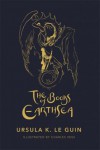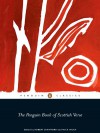Arbie's Unoriginally Titled Book Blog
It's a blog! Mainly of book reviews.
Currently reading

This book starts off with a headache inducing deluge of acronyms and technogadgetideas, some of which are well known realities now. It's something that might be familiar to readers of some other Stross books, for instance the ones set in a near future Scotland e.g. Halting State. A geek-guru makes a living from freebies given by grateful companies he puts in touch with other grateful companies in order to realise whatever mad idea he's come up with next.
The future overtakes even him, though, and soon most people aren't actually people, they're computer simulations - but the simulated people are being made redundant by self aware financial products and corporations. Where next? The edge of the solar system - then beyond.
The latter two thirds of more traditional SF appealed to me much more than the first third of techno-mag geekery but that probably means I'm already future shocked, like the older characters in the book. There's some crazy extrapolation on display - technology, economics, interstellar travel and no-one else I know of is really doing this kind of thing at all, let alone as well. It's a step beyond cyber-punk, for people who were born playing with a mobile phone.
The ending of this book is a disappointment, but I can't explain why without a massive spoiler. Instead I like to remember that the first artificial intelligence was a bunch of lobsters' brains mapped and simulated and strapped together by a group of Russian techno-spies...










